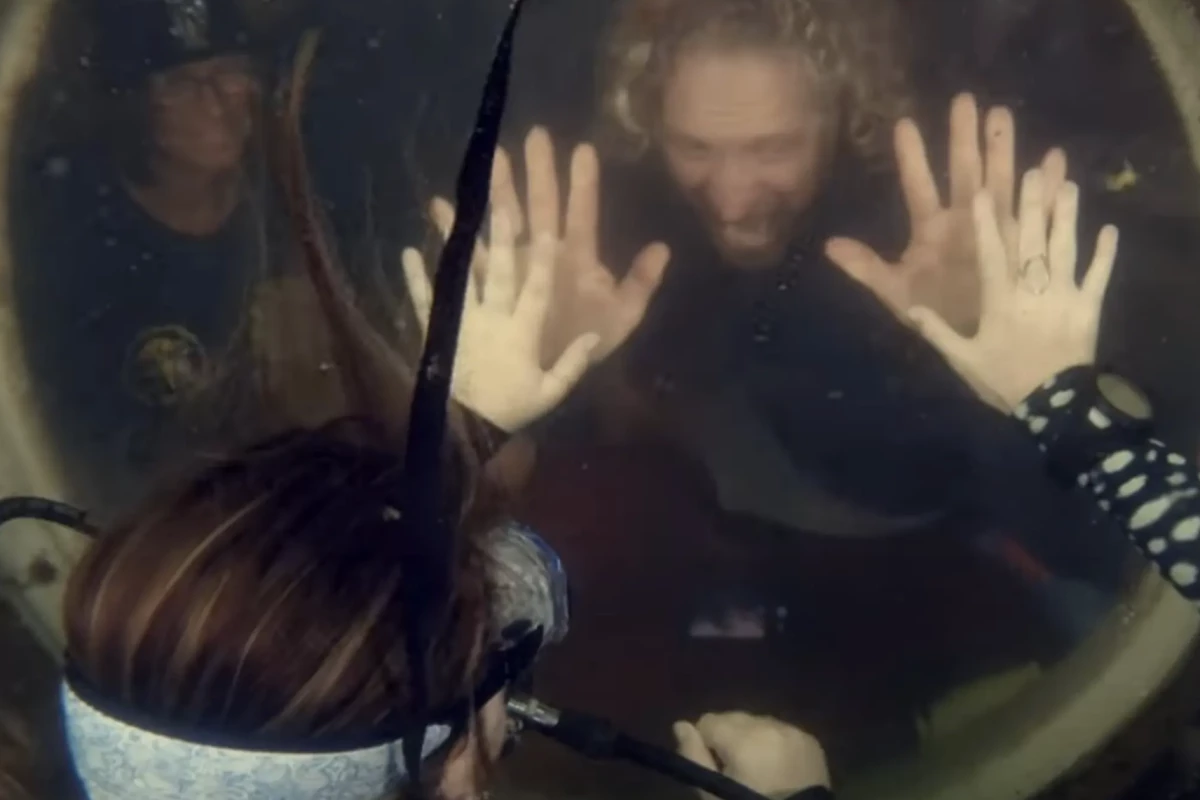A professor from the University of South Florida has broken the world record for living in an underwater habitat. Associate Professor Joseph Dituri resided inside Jules’ Undersea Lodge in Key Largo for more than 75 days since March 1, 2023 and intends to remain there until June 9 to complete his 100-day Project Neptune 100 mission.
In the 1960s, the first undersea habitats were built by the likes of Jacques Cousteau and the US Navy as part of an effort to explore what was then called 'inner space' and develop ways to colonize the seabed and make it easier to exploit the riches of the ocean. Over the next decade, there was a minor boom with steel modules housing aquanauts cropping up across the globe.
Of course, it didn't last. The undersea-habitat movement became a victim of its own success as scientists learned more about the physiology of deep-sea diving and gas chemistry. By the 1970s, it was discovered that it was safer and cheaper to use robots, diving bells, submersibles and surface-based divers, rather than relying on self-sufficient outposts on the ocean floor.
One of these habitats was the La Chalupa research laboratory, off the coast of Puerto Rico in the early 1970s. Today, it's known as Jules' Undersea Lodge and has been moved to Key Largo, where it rests in 30 ft (9 m) of water and is used as an underwater hotel for paying guests.
At the moment, however, it's home to Dituri, whose nickname is Dr Deep Sea. According to USF, his stay is more than a matter of record breaking. He's also part of a study about how the human body adapts to long-term exposure to higher than sea level pressure. Unlike a submarine, which maintains normal pressure at all times, the 100-ft² (9-m²) habitat is filled with compressed air that allows Dituri to come and go from his watery dwelling through an open moon pool in the floor of the central compartment, which is flanked by sleeping quarters on one side and a common room on the other.
Before his descent, Dituri was subjected to a battery of medical tests. These will be repeated when he returns to the surface to determine the effects the oxygen-rich environment has on his physical and mental health. This is of particular interest to Dituri, whose field is hyperbarics. He hopes to learn more about how hyperbaric pressure can increase cerebral blood flow to treat traumatic brain injuries and various diseases.
The video below shows Dituri and his undersea habitat.
Source: University of South Florida





